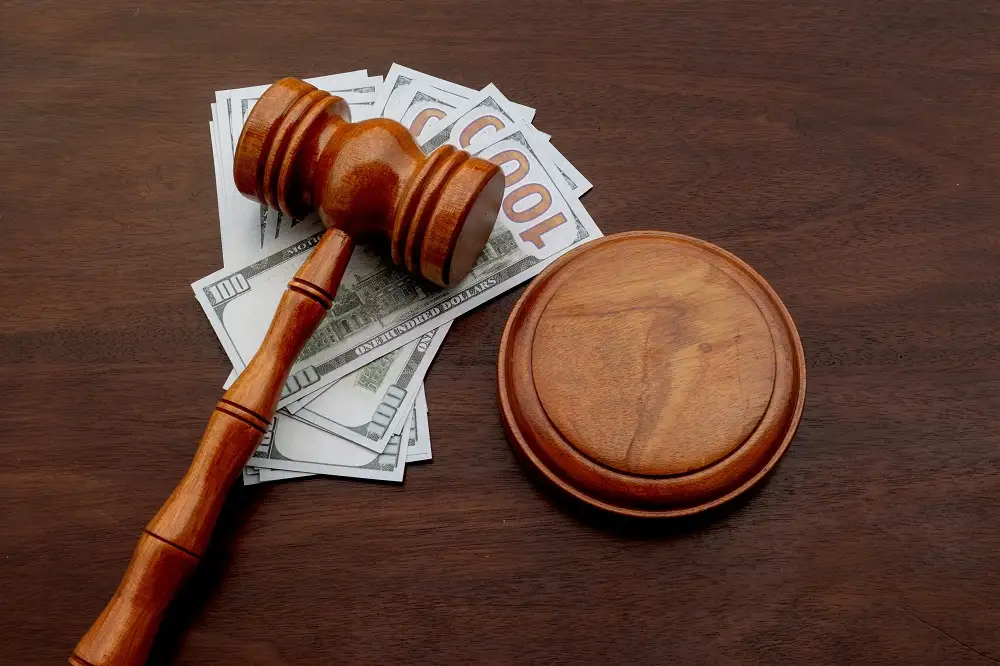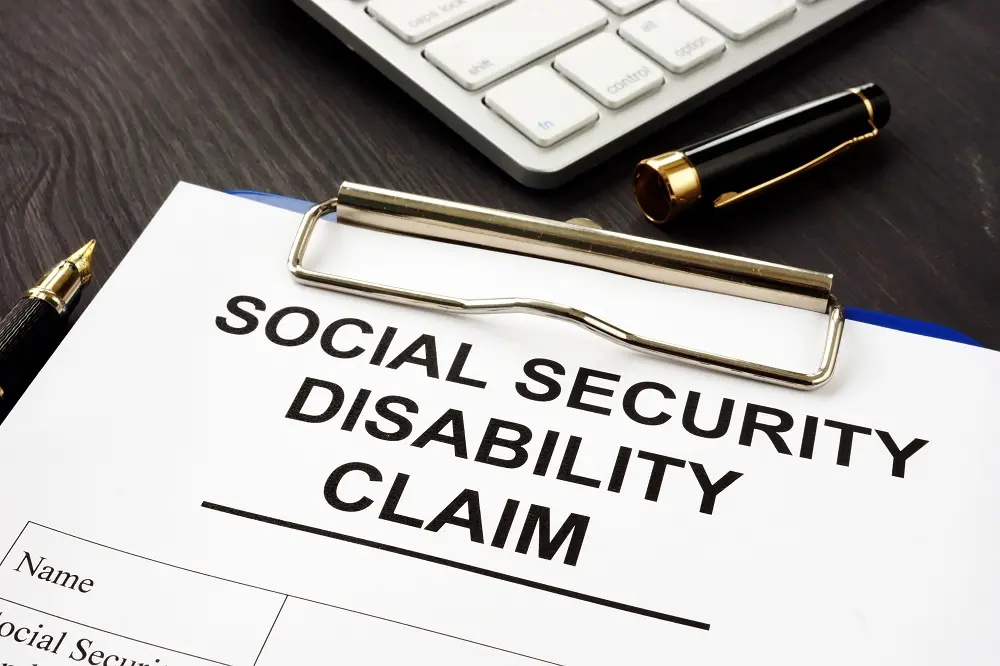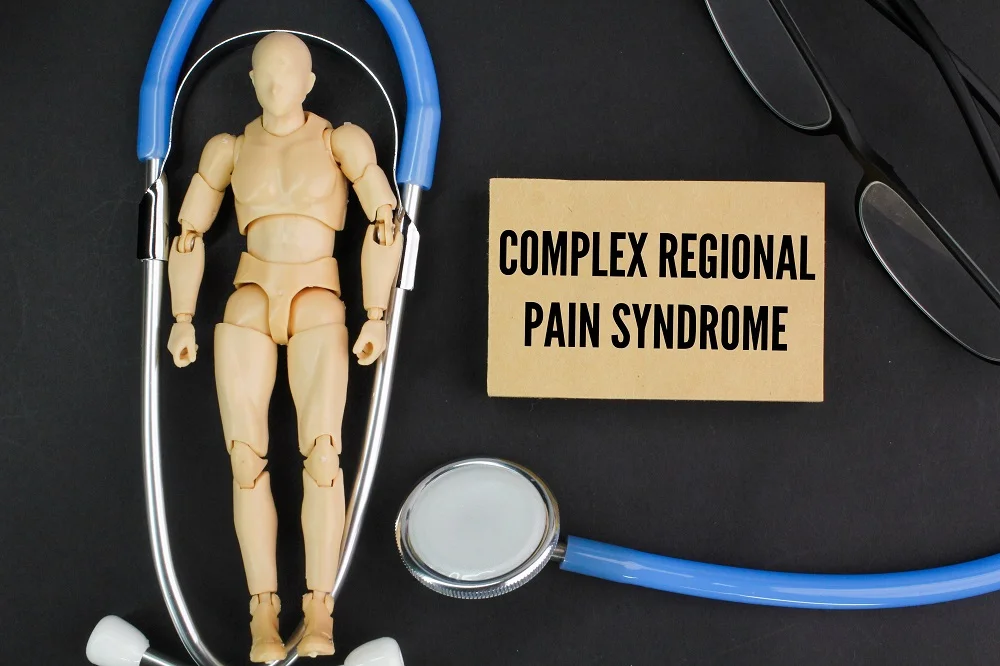Every state, including Massachusetts, have laws governing wrongful death claims. to understand how wrongful death lawsuits work, it is important to understand how Massachusetts defines “wrongful death,” what types of damages are available, and if there are any time limits to file a claim. One thing many people want to know is, “who is permitted to file a wrongful death claim?”
In many states, close family members are allowed to file wrongful death claims. However, in Massachusetts, only the executor or personal representative of the deceased’s estate has the legal right to file a wrongful death lawsuit. If a representative was not appointed in the deceased’s will, the probate court would appoint one.
If you have lost a loved one due to another’s negligent or intentional conduct, filing a lawsuit could feel overwhelming. Our Boston wrongful death attorneys are sympathetic and understand that you are grieving. However, we are also prepared to diligently fight for your rights and to hold the negligent party liable for their conduct. Call (617) 925-6407 to schedule a free consultation with the Massachusetts lawyer at Law Office of John J. Sheehan.
Standing and Wrongful Death Lawsuit in Massachusetts
Under Massachusetts law, only the administrator or executor of the deceased’s estate has standing to file a wrongful death claim. an executor or administrator has a number of obligations and responsibilities regarding the deceased’s estate, including paying any outstanding debts, ensuring beneficiaries receive their inheritance under the terms of the will, and finalizing the estate’s affairs. In many cases, the victim will have appointed an administrator in their will. In other situations, the court will grant administrative privileges to an individual entrusted with handling the estate’s affairs.
While an executor has standing to file a wrongful death lawsuit, the surviving family members will want to be involved in the process. In cases where the victim died without a will, any estate assets, including any damages awarded in a lawsuit or settlement, will be distributed according to Massachusetts intestate succession laws. Intestate laws governor the order in which beneficiaries inherit when a person dies without a valid will.
In Massachusetts, the surviving spouse is the first beneficiary. Next in order are the deceased’s children, parents, and siblings. If there are no close relatives, the next of kin will be the beneficiary.
Filing a Wrongful Death Lawsuit in Massachusetts
As stated above, a wrongful death claim must be filed by the executor of the deceased’s estate. Typically, you could think of a wrongful death claim as a personal injury lawsuit filed on behalf of the deceased. For example, wrongful death could arise from an automotive vehicle accident case or a product liability claim. Therefore, all the elements necessary to support a personal injury lawsuit must be present in a wrongful death claim.
When determining whether it is appropriate to file a wrongful death claim, the executor must consider if the victim would have had grounds to file a personal injury lawsuit. Our experienced Massachusetts wrongful death attorneys will thoroughly examine the circumstances surrounding your loved one’s death to determine if the evidence supports a wrongful death claim.
However, Massachusetts restricts not only who is permitted to file a wrongful death claim, but also when such a claim is appropriate. For example, an administrator is not permitted to file a wrongful death claim against an employer if the person was killed while working. Furthermore, a wrongful death claim cannot be filed against a railroad company if the deceased was killed in an accident on or near the railroad tracks. There is a similar prohibition against filing a wrongful death claim against a streetcar company. However, it might be possible to file a lawsuit if the tracks where the accident occurred were crossing a road or sidewalk.
. However, even if this is the situation, our office will work with you to find other options to seek compensation for your loss.
Wrongful Death Claims and Massachusetts Statute of Limitations
Massachusetts’ statute of limitations governs the timeframe in which a civil lawsuit must be filed. Wrongful death claims are also subject to these deadlines. More specifically, the executor of the deceased’s estate must file a wrongful death lawsuit within three years of the deceased’s death. If you do not comply with the statute of limitations, the case will likely be dismissed.
There are exceptions where an executor might not know that the accident that killed the deceased is grounds for a wrongful death lawsuit. a common example of this occurs in cases where a person dies, but it is not originally linked to the negligence of their doctor or other healthcare professional. Under these circumstances, the executor has three years from the date they discovered or should have discovered that another’s negligence caused the death. If you believe your loved one died because of another’s negligent conduct, contact our Somerville wrongful death lawyers as soon as possible. You could get maximum medical improvement in Boston workers compensation claims. You do not want to lose your legal rights because you failed to take action.
Contact Our Massachusetts Wrongful Death Lawyers to Discuss Your Options
Losing a beloved family member or loved one is never easy. You have not only lost a person you loved, but you might also have lost your household’s primary income or a guiding force in your life. When their death was caused by someone else’s negligence, the responsible party should be held liable for your damages. The experienced Wakefield wrongful death attorneys at the Law Office of John J. Sheehan strive to provide empathic and respectful legal representation while aggressively fighting for your rights. Call our offices at (617) 925-6407 to review your options.
Tell us your story We’ll Handle the Rest
You deserve to move forward. Let’s work together and build your case for maximum compensation. Speak with a member of our team today.


John J. Sheehan
Managing Attorney
Attorney Sheehan is fluent in Spanish and is privileged to represent many clients from the Latin American community in the Greater Boston area.
Tell us your story We’ll Handle the Rest
You deserve to move forward. Let’s work together and build your case for maximum compensation. Speak with a member of our team today.




















































